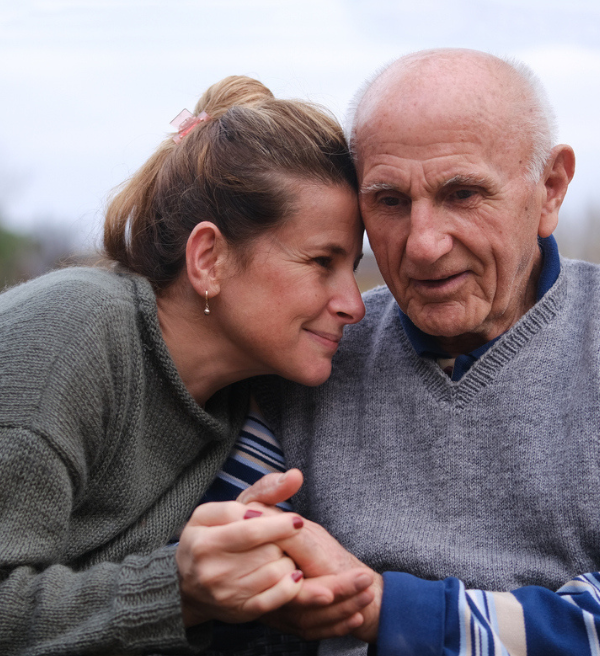As our loved ones age, it’s not always easy to know when they need extra support. They may be uncomfortable asking for help and changes in their habits can happen gradually, making them easy to overlook.
Knowing what to watch out for can help you support your loved one in making confident, informed decisions about getting the right senior living support.
Here’s ten signs that your elderly parent or family member may need some extra support to stay comfortable and confident at home.
-
Decline in personal hygiene
Has your loved one stopped grooming as they usually would? Unwashed hair, body odour, or wearing the same clothes day after day might indicate they’re struggling with personal care. This could stem from physical limitations, memory loss, or feeling low. Tasks like bathing or dressing may be more difficult than they’re letting on – a sign they may need extra help.
Poor hygiene can cause skin infections, dental problems and a decline in overall health. A gentle conversation and support at home may significantly improve their comfort and confidence.
Home care provides professional support with personal care, including grooming, bathing, dressing and oral care, while also preserving your loved one’s dignity and confidence.
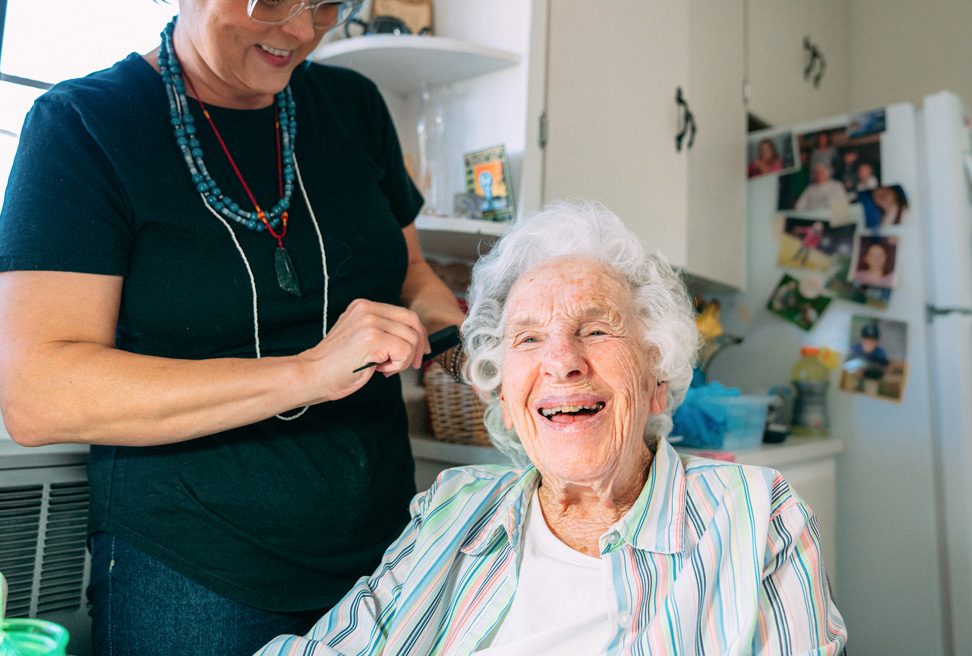
-
Unexplained weight loss or gain
Sudden changes in weight can signal a range of issues. Your loved one may be skipping meals or forgetting to eat. They might struggle to prepare food due to mobility challenges or rely on less nutritious convenience meals because it’s easier. Loneliness can also cause people to lose interest in cooking and eating.
Not eating well can lead to malnutrition, low energy, weakened immunity, slower healing and a higher risk of falls, so it’s important to address it early.
If your loved one needs assistance at mealtimes, home care workers can help with meal planning and preparation. They can also organise grocery delivery or drive your loved ones to the shops. Often, care workers become familiar visitors in the home, who can sit down for a chat, helping to ease feelings of loneliness.
-
Difficulty managing medications
Have you noticed old prescriptions piling up or medications running out too quickly? Confusion about medications and improper management is a sign your loved one needs extra help.
As people age, they are more likely to have one or more chronic conditions, requiring multiple medications. The 2022 National Health Survey found that more than 70% of people aged 75 and over were dispensed with multiple medications. Managing these can be complex and mistakes can lead to serious health risks.
If your loved one struggles with their medication, professional support from home care nurses can help with monitoring and management. They provide gentle reminders and support and oversee any clinical conditions. Their visits also help identify and address concerns early.
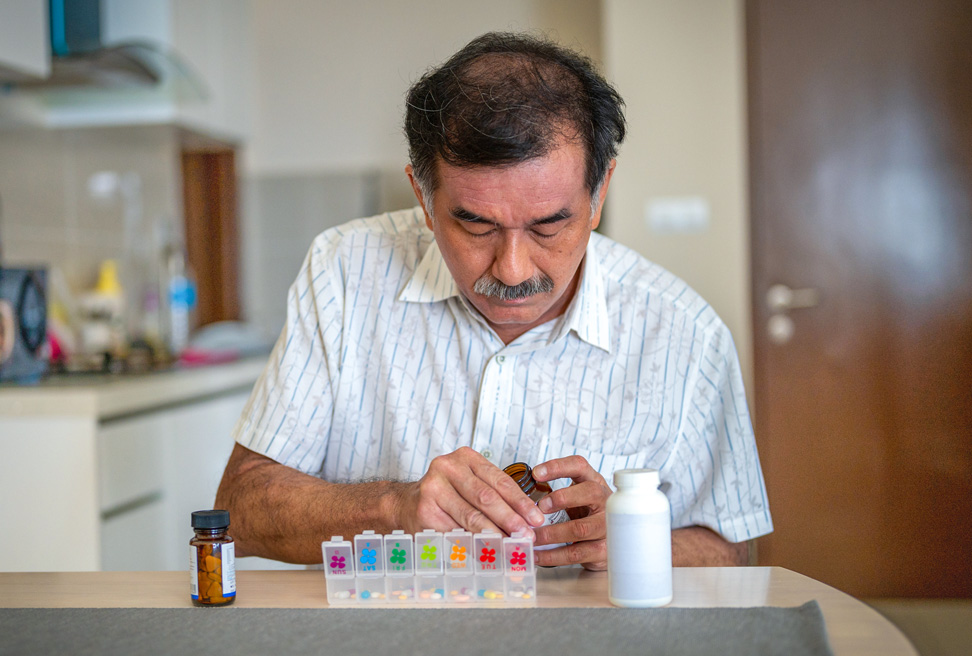
-
Neglected household responsibilities
If the house looks unusually messy, laundry is piling up, or mail left unopened, it may signal that your loved one feels overwhelmed. They may be struggling with physical limitations, energy, or even memory. Cleaning their space and managing daily responsibilities might be physically or mentally challenging.
Home care offers practical help with daily living – cleaning, tidying, running errands, doing the dishes, making beds, washing, ironing, even watering the plants! Having extra help around the house can help ease your loved one’s stress and restore their confidence.
-
Increased forgetfulness
We all forget things occasionally, but when memory issues start to affect daily living, early intervention can make a big difference. Professional care workers can support daily tasks like routines, meals and reminders and home care nurses help with ongoing monitoring and management of diagnosed conditions. Both keep an eye on any changes, offering reassurance and companionship.
If your loved one often misses appointments, repeats themselves, or gets lost in familiar places, it may be more than normal aging. If you’re worried that forgetfulness is affecting their safety or wellbeing, encourage them to speak with their GP.

-
Social withdrawal and isolation
Has your loved one lost interest in activities they once enjoyed, such as outings, church, or catching up with friends? They may be declining invitations or spending more time alone than usual.
Social withdrawal may indicate low mood, anxiety, health changes, or loneliness. Over time, loneliness can take a real toll on emotional and physical wellbeing.
Home care can offer friendly companionship, helping your loved one stay connected – whether that’s a regular chat, a walk in the park, playing cards, working together on a hobby, or participating in community activities. Home care workers can also drive your loved one to and from community and family events, places of worship, hair and health appointments, or visits with friends.
-
Mood changes and irritability
If your loved appears irritable, anxious, or withdrawn, it could be a sign of pain, stress, or early cognitive changes. These mood shifts can reflect deeper issues and shouldn’t be ignored. Encourage them to visit a health professional to better understand what’s going on.
Home care can help your loved one cope with mood changes and irritability. Home care nurses can assist with pain management and monitor overall health. Home care workers become familiar faces, offering compassionate support by checking in regularly, building trust and creating a calming routine. This professional support, delivered with consistency and care, can help your loved one feel understood and better equipped to face daily life.
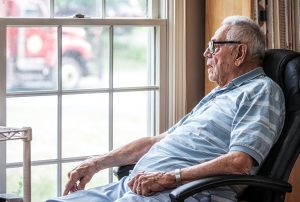
-
Mobility issues
Is your loved one finding it harder to move around? Physical limitations can creep in gradually and affect safety, confidence and daily living tasks.
You might see your loved one using furniture for balance, avoiding stairs or skipping outings they used to enjoy. Over time, these changes can affect their ability to confidently manage everyday tasks.
Home care can provide support with safe movement, getting in and out of bed or chairs and helping with personal care routines. A home care nurse can advise on injury prevention strategies and education on living well at home. Allied health professionals, such as home care physiotherapists, can support strength and mobility.
Home modification and maintenance are also available through home care. These services include making simple changes like installing rails and mobility aids, which can make a big difference around the home.
-
Frequent falls and injuries
Falls are common in older adults and in 2019-20, were the leading cause of hospitalised injuries for people aged 65 and over. Even one can knock confidence or lead to serious injury, so if your loved one has recently fallen or seems a little unsteady, it’s time to take action.
Home care teams can help by assessing the home for trip hazards and recommending simple safety changes, such as removing trip hazards, improving lighting, or installing handrails and non-slip mats. They can also assist with daily tasks that may put your loved one at risk, such as showering, getting dressed, or moving around the house.
Allied health professionals, such as physiotherapists, can help your loved one build strength and balance, while regular check-ins provide reassurance and early intervention.
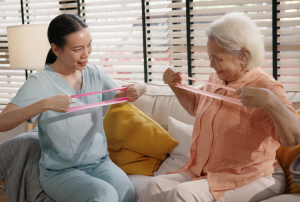
-
Financial mismanagement
Missed bills, unusual purchases or confusion around money might be early signs of cognitive decline, challenges managing day-to-day life and vulnerability to scams. Your loved one might feel too embarrassed to say they’re struggling or not even realise it themselves. Keeping an eye out for these changes can help you step in before more serious problems arise.
Home care services can provide gentle, respectful support, simply by helping your loved one stay organised and confident in managing day-to-day tasks. That might include setting up reminders, help paying bills or reading mail.
Discussing care with your loved one
Starting the conversation can be difficult for both of you. It helps to approach it with empathy and care. Focus on how home care support can help your loved one keep doing what they love rather than what they can’t do anymore. You might even explore services together so they feel included and in control of any decisions.
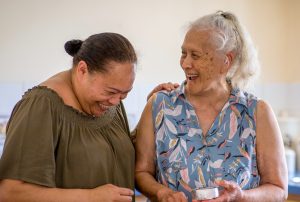
Is it time to consider home care?
If you’re noticing more than one of these 10 Signs your elderly parent needs help, it may be time to consider home care.
Baptcare offers flexible, personalised and professional support to help your loved one live well at home. Whether it’s a little extra help with cleaning, support after a hospital stay, or regular visits from our home care workers, nurses or allied health professionals, we can help make daily living for your loved one easier and more manageable.
When the time comes to explore home care options, we’re here to help, with care and understanding.
Call 13 22 78 to find out how we can support you.
Community news
-
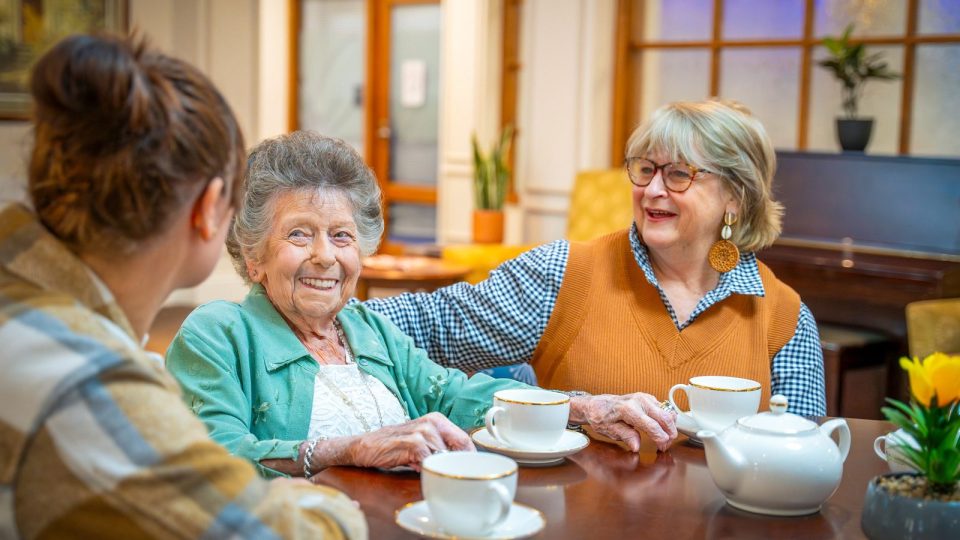
How to talk to a loved one about moving into aged care
One of the most challenging conversations we may have with our loved one is about whether it’s time to consider moving into residential aged care. Whether it’s a parent, grandparent, or partner, the topic can stir feelings of resistance and guilt. But when approached with empathy, patience and deep respect for the individual’s wishes, this conversation can become a meaningful step toward greater safety, comfort and connection.
- 18 Feb 2026
-

Hawthorn stars bring footy fun to Abbey Gardens
There was no mistaking the colours at Abbey Gardens Residential Aged Care Community in Warragul this week – brown and gold as far as the eye could see. Residents and staff donned their finest Hawthorn Football Club gear as players and support staff arrived for a visit, chatting with residents, signing autographs and bringing plenty of footy fun.
- 18 Feb 2026
-
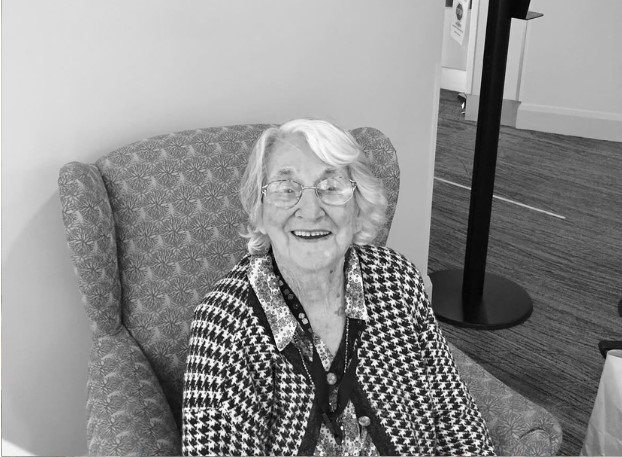
Dressmaker, traveller, Bulldogs fan and volunteer – Thelma turns 100!
Thelma Powell, beloved resident and former volunteer at Westhaven, turned 100 on 9th February 2026 with balloons, party hats, and cake! Surrounded by her family, care team, the local MP, and Mayor, as well as a representative from her beloved footy team, the Bulldogs, it was a day to remember.
- 13 Feb 2026
